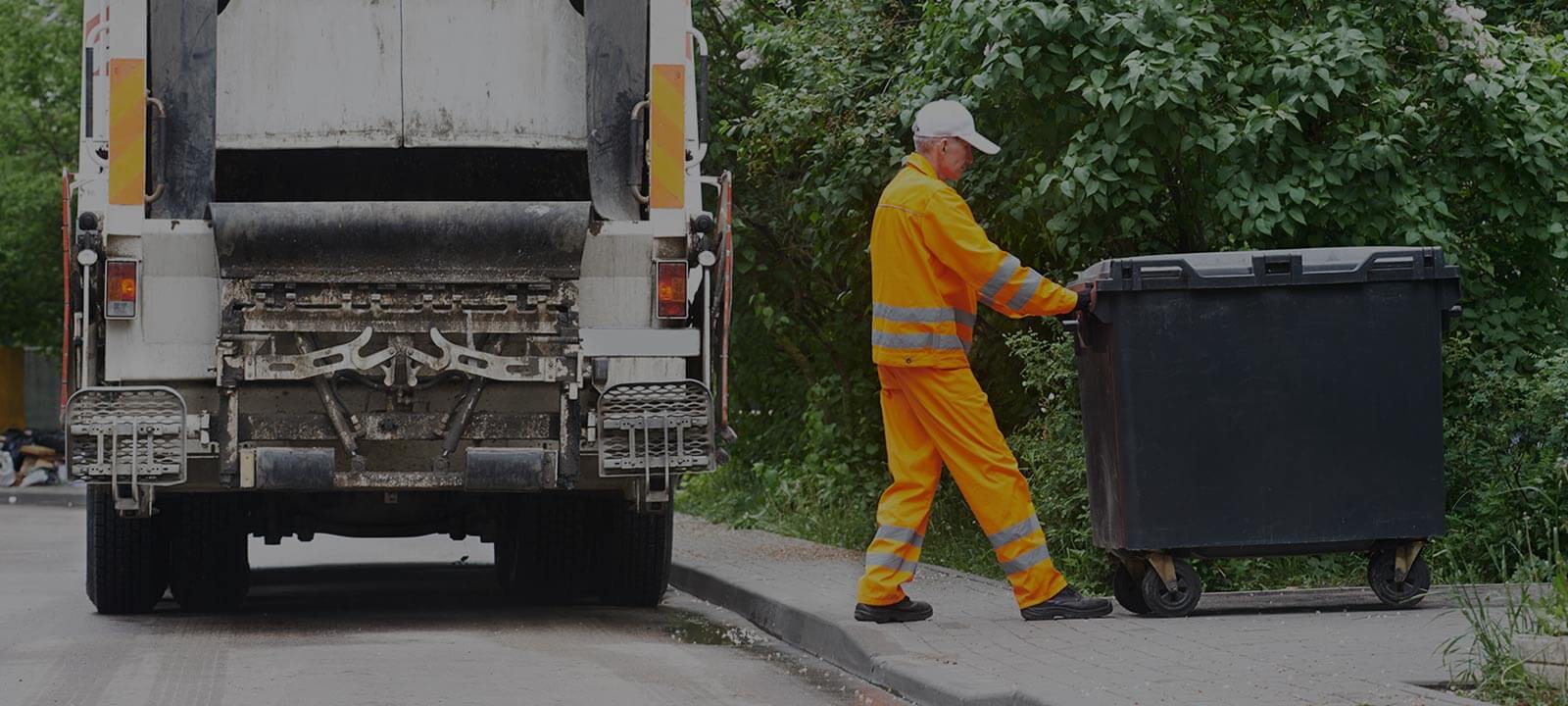Electronic Waste (E-Waste) Recycling
Posted on 18/08/2025
In an increasingly digital world, electronic devices have become an integral part of our daily lives. With this surge in usage comes a subsequent rise in electronic waste (e-waste). E-waste consists of discarded electronic devices and components, which, if not properly managed, pose both environmental and health risks. Recycling e-waste has become essential for sustainable living and resource preservation. This article delves into the importance, methods, benefits, and challenges of e-waste recycling, providing actionable tips along the way.
Why is E-Waste Recycling Important?
Electronic devices contain hazardous substances such as lead, mercury, and cadmium. When improperly disposed of, these toxins can seep into soil and water, causing severe pollution and health hazards. Additionally, e-waste contains valuable materials like gold, silver, and copper that can be recovered and reused. Recycling e-waste not only mitigates environmental damage but also conserves natural resources and reduces the need for new raw materials.

Methods of E-Waste Recycling
1. Collection and Transportation
The first step in e-waste recycling is the collection and transportation of discarded electronics. Various programs and drop-off points facilitate this process, making it easier for people to contribute to recycling efforts.
2. Sorting and Pretreatment
Once collected, e-waste is sorted based on type and condition. Functional devices might be refurbished and resold, while damaged items undergo pretreatment to remove harmful substances and materials.
3. Mechanical Processing
E-waste is then mechanically processed, which involves shredding and breaking down electronic components into smaller pieces. This makes it easier to separate valuable metals from non-recyclable materials.
4. Material Recovery
The processed e-waste undergoes various techniques such as magnetic separation, froth flotation, and smelting to extract precious metals and other reusable materials.
Pros of E-Waste Recycling
Environmental Benefits
Recycling e-waste significantly reduces the burden on landfills, lowers greenhouse gas emissions, and prevents soil and water contamination.
Conservation of Resources
By recovering valuable materials from electronic devices, recycling reduces the need for new raw materials, thereby conserving natural resources.
Economic Opportunities
The recycling industry generates job opportunities in collection, sorting, and processing, contributing to economic growth.
Cons of E-Waste Recycling
High Costs
The initial setup and operational costs of e-waste recycling plants can be high, making it less accessible for some communities.
Health Risks
Workers in recycling facilities are exposed to hazardous substances, which can result in health issues if proper safety measures are not in place.
Inefficiency
Not all components of electronic devices can be recycled, leading to the potential waste of some materials.
Tips for Effective E-Waste Management
- Donate or Resell: If your electronic devices are still functional, consider donating them to organizations or reselling them to extend their lifecycle.
- Use Certified Recyclers: Always choose certified e-waste recyclers to ensure that your devices are processed safely and effectively.
- Participate in Take-Back Programs: Many manufacturers and retailers offer take-back programs for old electronics. Utilize these options to ensure proper disposal.
- Educate Yourself and Others: Raise awareness about the importance of e-waste recycling within your community to promote collective action.

Key Takeaways
- E-waste contains hazardous materials that pose an environmental and health risk if not properly managed.
- Recycling e-waste offers significant environmental, economic, and resource conservation benefits.
- The e-waste recycling process involves collection, sorting, mechanical processing, and material recovery.
- Effective e-waste management requires public awareness, participation in recycling programs, and the use of certified recyclers.
Conclusion
E-waste recycling is a crucial practice for ensuring sustainable development and preserving our planet's resources. Despite the challenges, the benefits far outweigh the drawbacks, making it an essential component of modern waste management. By understanding and actively participating in e-waste recycling, individuals and communities can contribute significantly to environmental protection and resource conservation.
Latest Posts
Reusing for Resource Conservation
Industry applauds government's dedication to improving e-waste recycling practices






